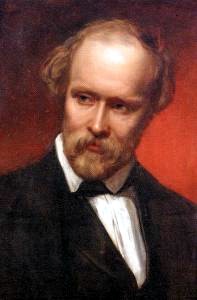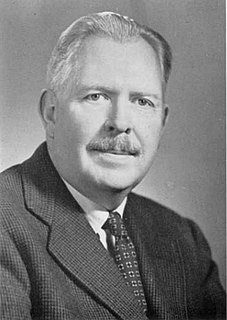A Quote by Arthur Conan Doyle
Anything seems commonplace, once explained.
Quote Topics
Related Quotes
Anyone who appears to be triggered out of watchfulness and into action by your appearance must be explained. Anyone observing you carefully must be explained. Anyone whose behavior seems to be geared to yours must be explained. If the explanation does not satisfy you, be ready to take appropriate defensive action.
Cliche refers to words, commonplace to ideas. Cliche describes the form or the letter, commonplace the substance or spirit. To confuse them is to confuse the thought with the expression of the thought. The cliche is immediately perceivable; the commonplace very often escapes notice if decked out in original dress. There are few examples, in any literature, of new ideas expressed in original form. The most critical mind must often be content with one or the other of these pleasures, only too happy when it is not deprived of both at once, which is not too rarely the case.




































